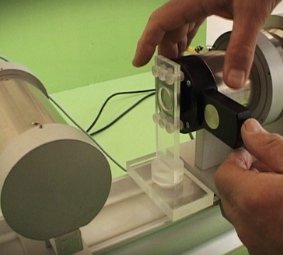In modern life, coffee is one of the most used raw materials for obtaining beverages. In the last ten years, this trend has spread to the home consumption of not only traditional types of coffee, but also espresso and filter coffee, which result in a solid residue that can be used further. It is estimated that in a busy coffee shop in the center of Belgrade, the residue after coffee preparation is between 0.5-1.0 kg per day. Disposal or composting of such waste is still not regulated and valuable waste after coffee preparation most often ends up as municipal waste. The aim of this project is to reuse the solid residue after the preparation of espresso coffee using the pyrolysis process to obtain carbon materials that can be implemented in a cosmetic product. Pyrolysis is a simple and economically profitable process of converting organic residues into carbon materials that further have a wide field of application. During the aerobic composting process carbon dioxide, methane and ammonia are emitted between 20-45% into the atmosphere according to GHG data, while the pyrolysis process has less than 1% of emissions. Carbon materials obtained by this process are characterized by extremely good physicochemical characteristics and can be used as a component in the production of cosmetic preparations with a skin cleansing effect, while being non-polluting and non-toxic for the environment
Acronym / code:
- - -


Project type:
Circular voucher
Realization period:
27.08.2024 .- 27.08.2025.
Project funded by:
EU Commission
SRO project holder:
"Vinča" Institute of nuclear sciences - National Institute of the Republic of Serbia, University of Belgrad
- Dr Ana Kalijadis, naučni savetnik, Laboratorija za materijale
- ChemLegis doo Belgrade
Principal investigator:
Miljana Mirković
FEATURED

The Research Instruments
the list of research instruments

Projects with Industry
Services, acreditation, motors and vehicles





